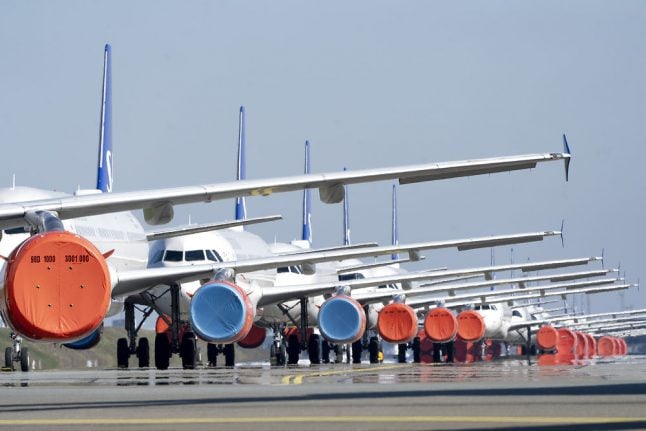Amongst the 12 airlines are major operators including SAS, Ryanair, Norwegian and EasyJet.
The exact date by which refunds must be made depends on the date on which customers claim the refund, according to the agency.
Claims made before October 1st must be refunded by November 15th, while claims made from October 1st – November 15th must be repaid by December 1st.
Claims made after November 15th must be repaid within seven days.
The deadlines have been set after a large number of cancellations affected customers with various airlines as a result of the coronavirus pandemic. Many customers are yet to receive refunds despite having claimed them under consumer rights laws.
READ ALSO: What are your rights if your flight is delayed or cancelled in Denmark?
The Transport Authority said in a statement that it had “shown understanding for the difficult situation” faced by airlines during the spring and summer, when an extraordinarily high number of refunds were claimed.
But the 12 airlines have now been informed that the money must be refunded by December.



 Please whitelist us to continue reading.
Please whitelist us to continue reading.
Member comments